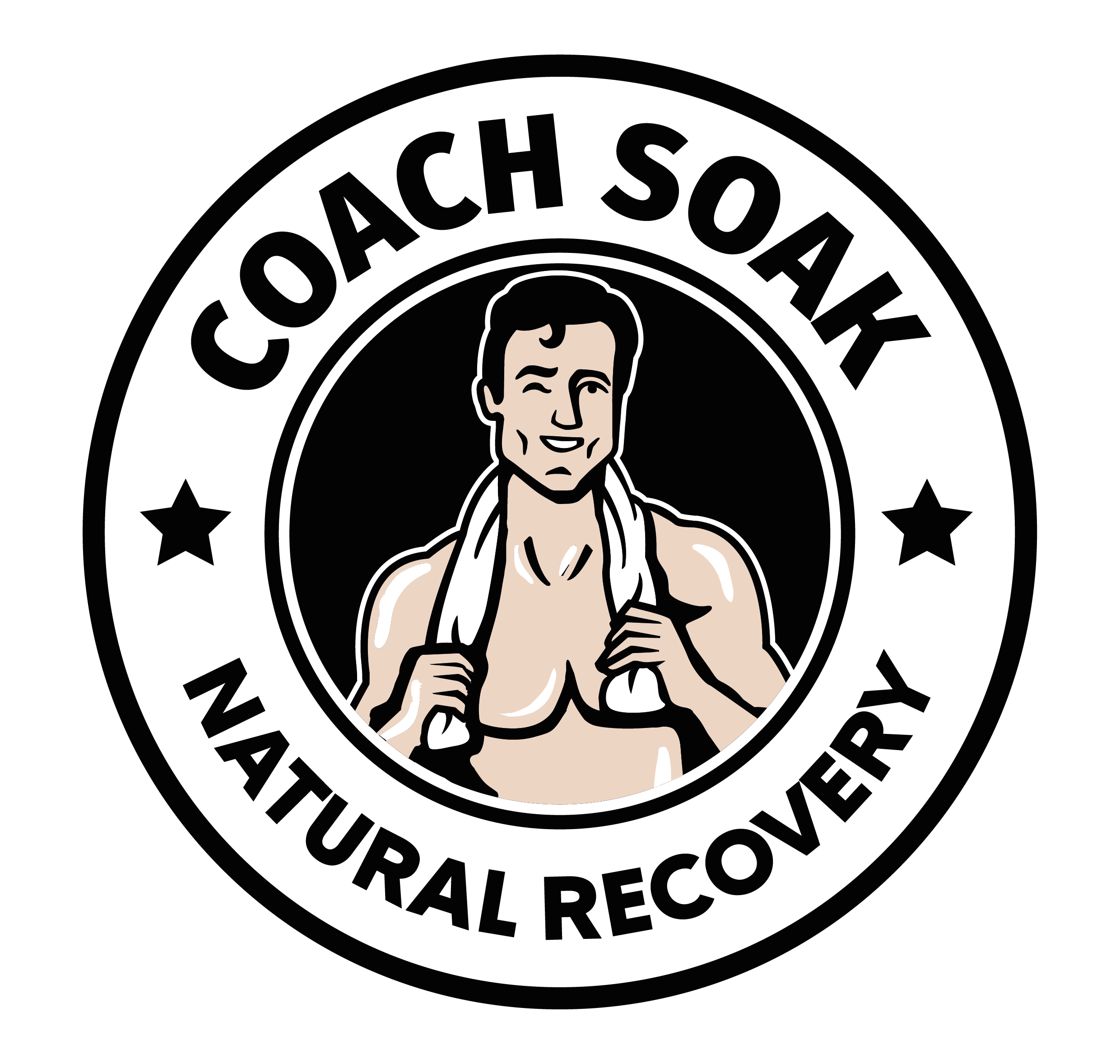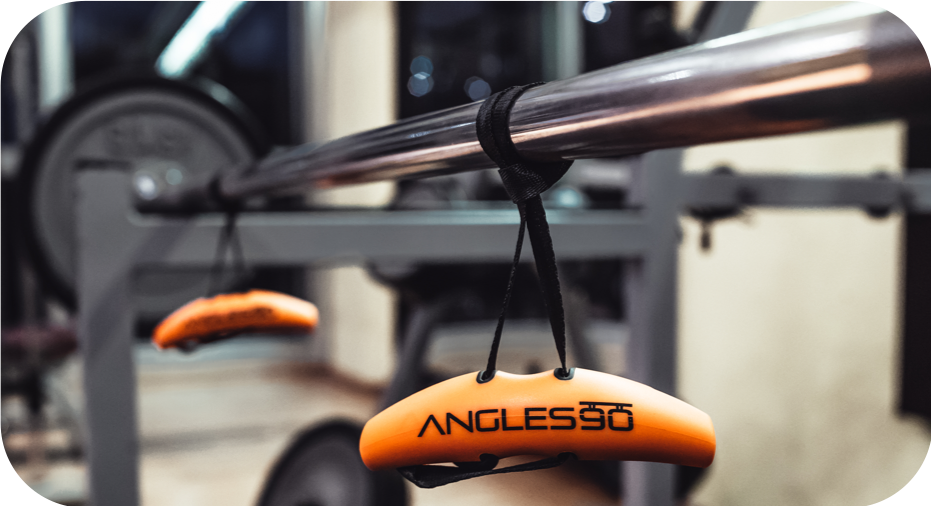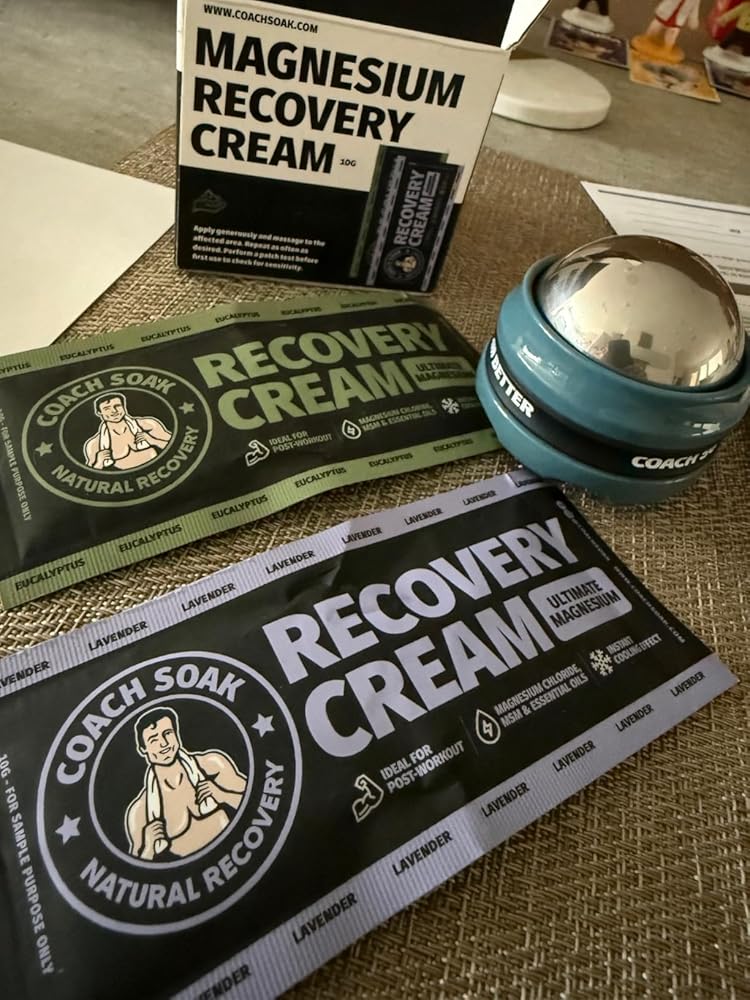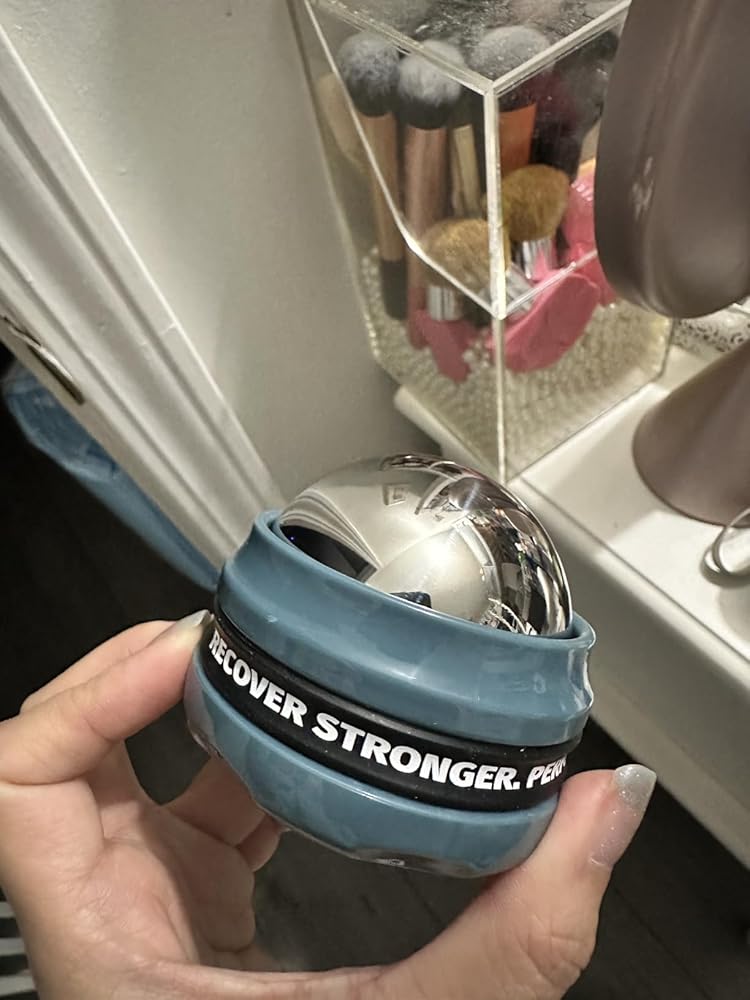As an athlete, you know how crucial it is to push your limits, both physically and mentally. You give your all during your training sessions and workouts, but what happens after you’ve completed them?
Have you ever considered the importance of muscle recovery in your workout regimen? This is a crucial aspect of exercise that often gets overlooked, but it plays a vital role in your overall fitness journey.
What is muscle recovery, and why does it matter?
Muscle recovery refers to the process of repairing and rebuilding muscle tissue after it has been damaged by physical activity. Have you ever wondered why your muscles feel sore after an intense workout? This is because when you work out, you put stress on your muscles, which causes microscopic tears in the muscle fibers. These tears cause inflammation and can lead to muscle pain and stiffness, known as delayed onset muscle soreness (DOMS), which usually occurs a day or two after working out. They also trigger a process called muscle protein synthesis, where your body repairs the damaged tissue and builds new muscle fibers. This is how you gain strength and improve your performance.
If you don't give your muscles enough time to recover, you risk impairing muscle protein synthesis and running the risk of overtraining, which can lead to injury and decreased performance. When you overtrain, your muscles don't have enough time to repair and rebuild, leaving them vulnerable to further damage. This can lead to a vicious cycle of increased soreness, reduced performance, and a longer recovery time.
So, how can you help your muscles recover faster and more effectively? Here are a few strategies you can try:
Adequate sleep
Getting enough sleep is essential for muscle recovery and overall health. Sleep is the time when your body repairs and rebuilds itself, including muscle tissue. During sleep, your body produces growth hormone, which helps to repair and rebuild muscle tissue. Additionally, sleep can help to reduce inflammation, which is crucial for reducing muscle soreness and speeding up recovery.
The National Sleep Foundation recommends 7-9 hours of sleep per night for adults. This may vary based on individual needs, but the key is to get enough sleep to allow your body to repair and rebuild.
Hydration
Drinking plenty of water is important for muscle recovery as it helps flush out toxins, transport nutrients to your muscles, and keep your joints lubricated. Make sure to drink enough water before, during, and after your workout to support muscle recovery.
Proper nutrition
Eating a diet rich in protein, carbohydrates, and healthy fats can also help to support muscle recovery. Protein is essential for repairing damaged muscle tissue, while carbohydrates provide the energy needed for recovery, and healthy fats support joint and tissue health.
Stretching and foam rolling
Stretching and foam rolling are two powerful tools that can help you improve muscle recovery and prevent injury. By incorporating them into your routine, you can reduce muscle tension, increase blood flow, and promote healing.
Stretching helps to increase flexibility and range of motion and reduce muscle tightness. By stretching regularly, you can improve circulation, which delivers oxygen and nutrients to the muscles, speeding up recovery. Regular stretching can also help reduce the risk of injury by improving muscle flexibility and reducing muscle tightness.
Foam rolling, also known as self-myofascial release, is a form of self-massage that helps to relieve muscle tension and increase blood flow. By rolling over tight and sore muscles, you can help break up adhesions and promote circulation, speeding up recovery.
Stretching and foam rolling should be an essential part of your post-workout routine. Taking 10-15 minutes after your workout to stretch and foam roll can make a significant difference in your muscle recovery.
Bath salts and recovery creams
Using bath salts and muscle recovery creams can help improve muscle recovery by providing relief to sore muscles and improving circulation.
Bath salts contain ingredients like magnesium, which is a natural muscle relaxant and has been shown to improve sleep and reduce muscle pain. By adding bath salts to your bathwater, you can help soothe sore muscles and improve circulation, speeding up muscle recovery.
Muscle recovery creams and muscle rubs can also be an effective way to target specific areas of the body and provide targeted relief to sore muscles. These creams and rubs are designed to be applied directly to the skin, where they can penetrate the muscles and provide relief. Many muscle recovery creams contain ingredients such as menthol, arnica, and magnesium, which can help reduce muscle pain and stiffness and improve blood flow.
In conclusion, muscle recovery is a crucial aspect of exercise that can impact your workout performance. By understanding its importance and incorporating these strategies into your routine, you'll be able to give your muscles the time and support they need to recover and become stronger. Your muscles will thank you!






